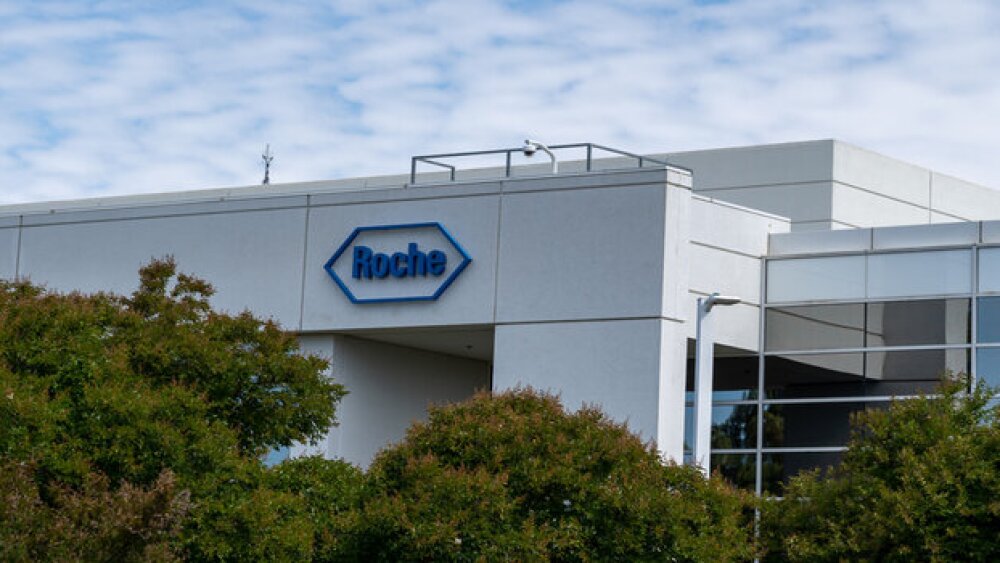The trial, funded by the Wellcome Trust through a Translation Award to Cell Medica, is an essential step to establish adoptive cell therapy as routine clinical practice for the treatment of patients at high risk of CMV infection following a bone marrow transplant.
The CMV~IMPACT trial will include 110 patients across eleven UK-based hospitals. The Chief Investigator is Dr. Karl Peggs of the UCL Cancer Institute. The trial will be conducted as a randomised, intention-to-treat study and is expected to be completed within two years.
The trial will focus on preventing CMV infections in patients following an allogeneic haematopoietic stem cell (bone marrow) transplant. These are typically leukaemia or lymphoma patients whose immune systems are profoundly compromised during the period of recovery following a bone marrow transplant. Two methods of adoptive cell therapy using CMV-specific memory T cells will be compared to a control arm receiving only conventional antiviral treatment.
The trial is the first confirmatory study aimed at assessing the comparative efficacy of adoptive cell therapy relative to conventional antiviral drug treatment for CMV infections. Adoptive cell therapy is based upon the infusion of a single dose of CMV-specific T cells to reconstitute immediate and long-lasting immunity against infection, thereby potentially avoiding the medical costs, hospitalisation and harmful side effects associated with repeated antiviral drug treatment.
Building on the success of earlier clinical studies
Early-stage clinical trials conducted independently by members of Cell Medica’s Scientific Advisory Team and including over 40 patients have demonstrated that adoptive cellular therapy can be used to prevent specific infections in patients following bone marrow transplants (see references below). The CMV~IMPACT study will build on these data to determine the level of clinical benefit in a statistically robust manner equivalent to a Phase III trial. The study will also seek to characterise the underlying immunology of the therapeutic effect.
Ted Bianco, Director of Technology Transfer at The Wellcome Trust, said: “We believe that Cell Medica has developed a viable model for the delivery of life-saving cell therapy to patients on a routine basis. In the true spirit of evidence-based medicine, the Wellcome Trust’s funding will not only help the company establish this service, but also to produce authoritative evidence of the therapy’s value through a controlled, randomised trial.”
Gregg Sando, CEO of Cell Medica, commented: “This trial will not only investigate the clinical effectiveness of adoptive cell therapy to treat infectious diseases, but will also allow us to explore the appropriate procedures and logistics required to enable hospitals to use innovative cell therapies based upon an outsourcing provider such as Cell Medica. The fact that we are now treating patients in a confirmatory study shows that this treatment technique is ready for commercialisation. We are pleased to be working with the Wellcome Trust and a number of the leading clinicians and transplant centres in the UK to validate this novel approach to medical treatment.”
Participating Hospitals
The CMV~IMPACT study is being carried out at the following hospitals in the UK, subject to final approvals from local ethics and research committees: Addenbrooke’s Hospital, Beatson West of Scotland Cancer Centre, Birmingham Heartlands Hospital, University Hospitals Bristol, Guy’s Hospital, King’s College Hospital, Royal Free Hospital, The Royal Marsden Hospital, St James's Institute of Oncology, Southampton General Hospital and University College London Hospital.
References
Mackinnon S, Thomson K, Verfuerth S, Peggs K, Lowdell MW. (2008) Adoptive Cellular Therapy for Cytomegalovirus Infection following Allogeneic Stem Cell Transplantation using Virus-Specific T-cells. Blood Cells Mol Dis. 40:63-7.
Cobbold M, Khan N, Pourgheysari B, Tauro S, McDonald D, Osman H, Assenmacher M, Billingham L, Steward C, Crawley C, Olavarria E, Goldman J, Chakraverty R, Mahendra P, Craddock C,. Moss P. (2005) Adoptive transfer of CMV-specific CTL to stem cell transplant patients after selection by HLA-peptide tetramers. J Exp Med 202:379-86.
Peggs KS, Verfuerth S, Pizzey A, Khan N, Guiver M, Moss PA, Mackinnon S. (2003) Adoptive Cellular Therapy for early cytomegalovirus infection after allogeneic stem-cell transplantation with virus-specific T-cell lines. Lancet 362;1375-5
Walter EA, Greenberg PD, Gilbert MJ, Finch RJ, Watanabe KS, Thomas ED, Riddell SR. (1995) Reconstitution of cellular immunity against cytomegalovirus in recipients of allogeneic bone marrow by transfer of T cell clones from the donor. New England Journal of Medicine 333:1038-1044.
Leen AM, Myers GD, Sili U, Huls MH, Weiss H, Leung KS, Carrum G, Krance RA, Chang CC, Molldrem JJ, Gee AP, Brenner MK, Heslop HE, Rooney CM, Bollard CM. (2006) Monoculture-derived T lymphocytes specific for multiple viruses expand and produce clinically relevant effects in immunocompromised individuals. Nat Med. 12(10):1160-6.




